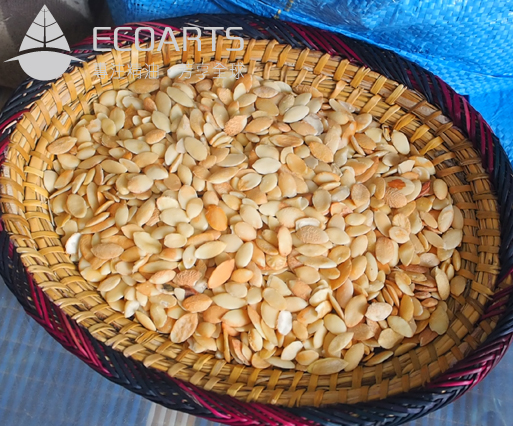INCI name: | Argania Spinosa |
Part used: | Nuts |
Extraction method: | Cold pressing |
CAS No.: | 223747-87-3 |
Origin: | Morocco |
Appearance : | Pale yellow oily liquid |
Odour: | With mild GanGuo characteristic aroma |
Relative Density(20℃): | 0.908~0.918 |
Refractive index(20℃): | 1.465~1.4731 |
Acid value (mgKOH/g): | ≤4 |
Peroxide value(mmol/kg): | ≤10 |
Soap change value: | N/A |
The main fatty acid composition (%): | Palmitic acid (C16:0):10.0~15.0 |
The oil acid (C18:2):29.3~37.0 | |
Oil acid (C18:1):43.0~50.0 |
Argania is a genus of flowering plants containing the sole species Argania spinosa, known as argan, a tree endemic to thecalcareous semidesert Sous valley of southwestern Morocco and to the Algerian region of Tindouf in the western Mediterranean region. Argan grows to 8–10m high and lives up to 200 years. They are thorny, with gnarled trunks. The leaves are small, 2–4cm long, and oval with a rounded apex. The flowers are small, with five pale yellow-green petals; flowering is in April. The fruit is 2–4cm long and 1.5–3cm broad, with a thick, bitter peel surrounding a sweet-smelling but unpleasantly flavoured layer of pulpy pericarp. This surrounds the very hard nut, which contains one (occasionally two or three) small, oil-rich seeds. The fruit takes over a year to mature, ripening in June to July of the following year. |  |